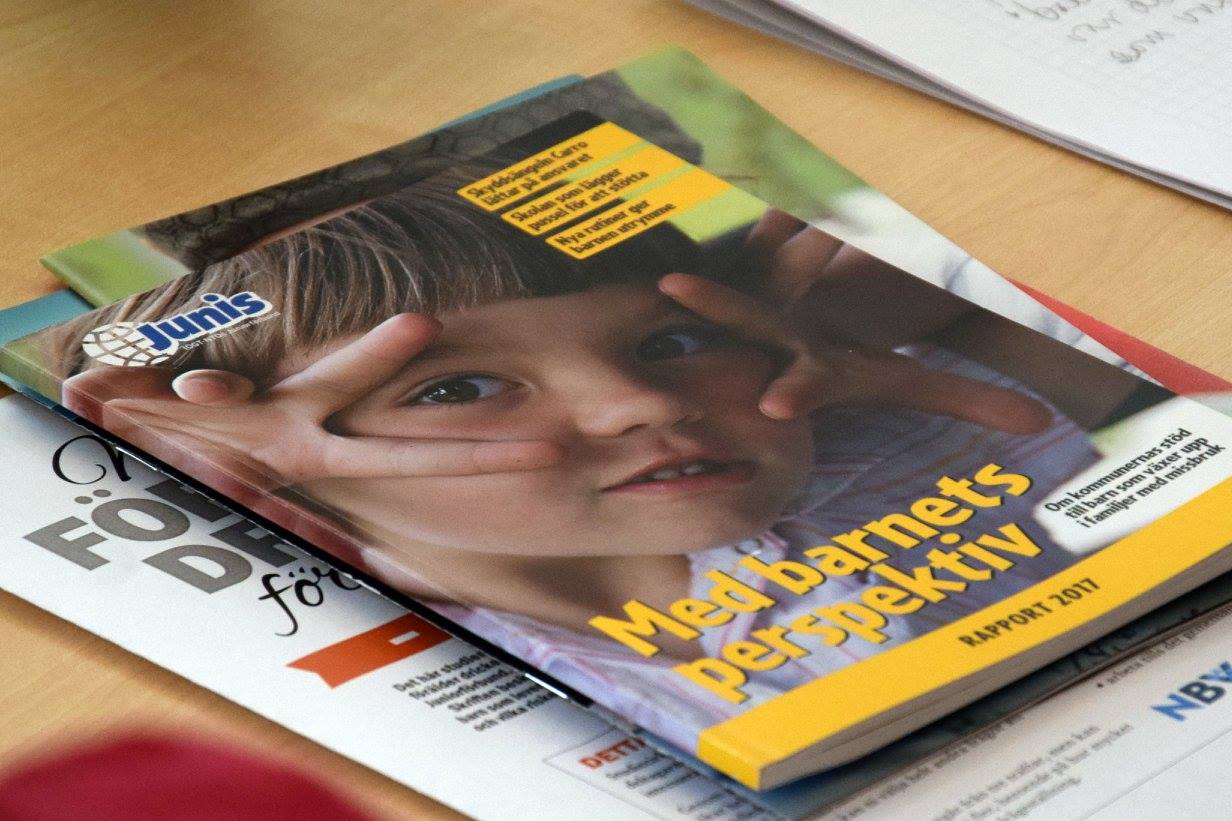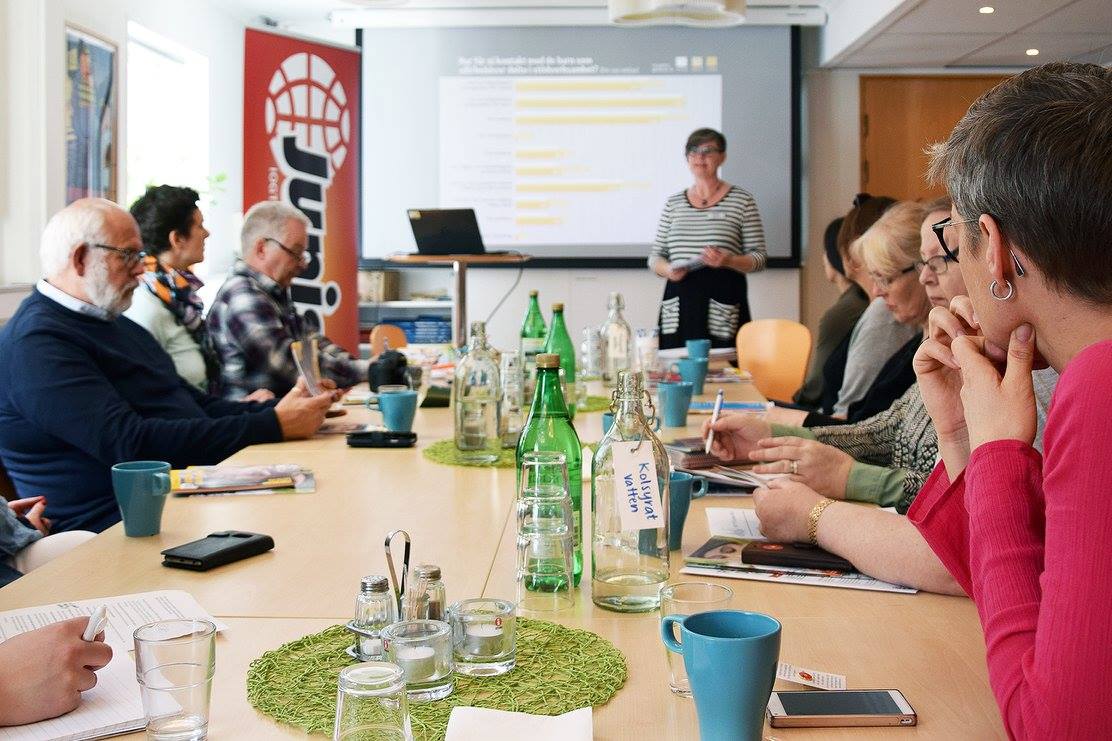JUNIS releases 14th annual report about situation of children from families with parental alcohol problems
The report is published annually and is already the 14th edition. This year’s edition is entitled: “From the children’s perspective”. The report compiles survey data from all Swedish municipalities about the support that municipalities offer to children whose parents have addiction problems.

Only few children receive support
The report shows that in 2016 only 2,615 children of parents with addiction problems were offered support from their respective municipality. 75% of all municipalities replied to the JUNIS survey.
Many municipalities are not up to deliver on their responsibility to identify and support those children whose parents struggle with addiction,” says JUNIS President Mona Örjes.
The municipalities are failing children despite many positive development since we started looking into the issue 14 years ago: solid research and scientific evidence; good methods and programs have been developed; many staff around the country have received training and capacity building.
But still, measures taken by the municipalities are not reaching the kids.”
It is not possible to determine with 100% accuracy just how many children grow up in homes with parental alcohol problems. What is certain is that in Sweden at least 100,000 children have parents who are currently being taken care of by governmental abuse and addiction services. Almost 400,000 children are estimated to grow up in families with parental alcohol problems.
No matter which number is being considered, the children that receive municipal help are appallingly few.

Collaboration between different agencies and authorities within each municipality is the most important factor, according to the municipalities themselves, for improving the support that these vulnerable children receive.
Samverkan mellan olika instanser inom den egna kommunen är något som de som svarat från kommunerna själva år efter år lyfter som den viktigaste faktorn för att kunna utveckla stödet till barn och unga.